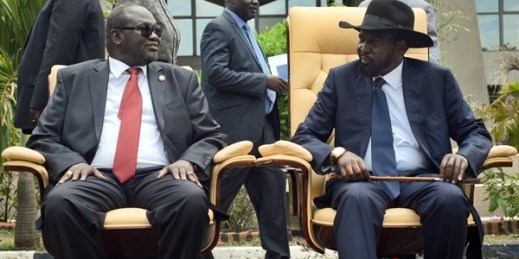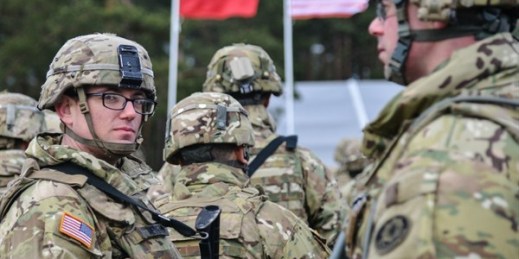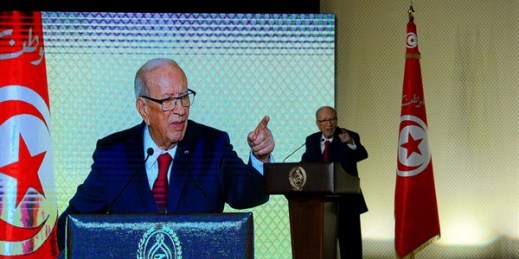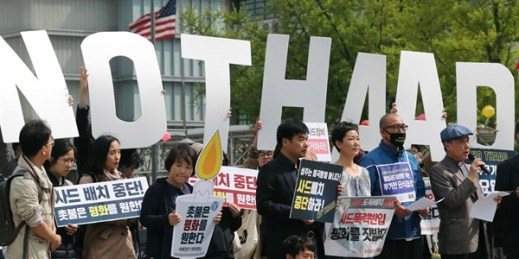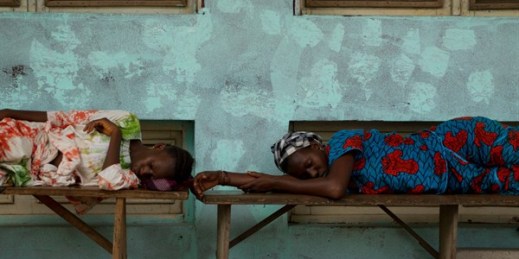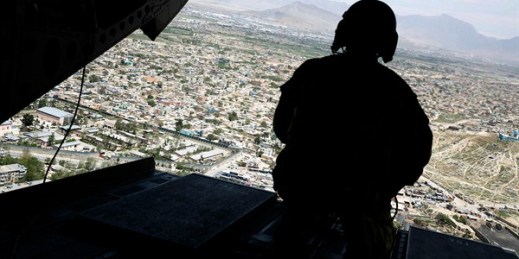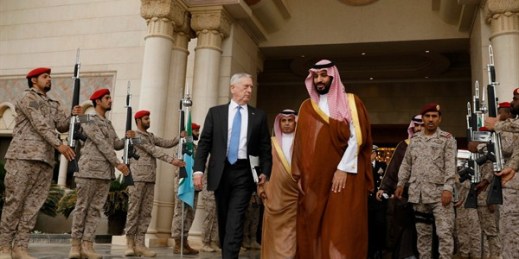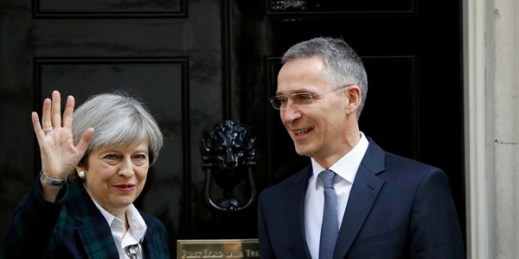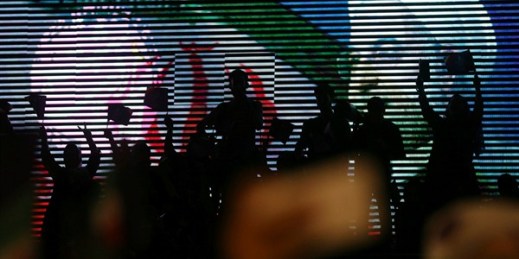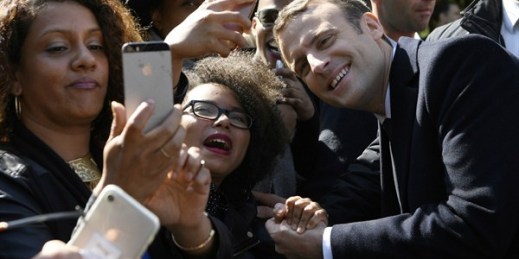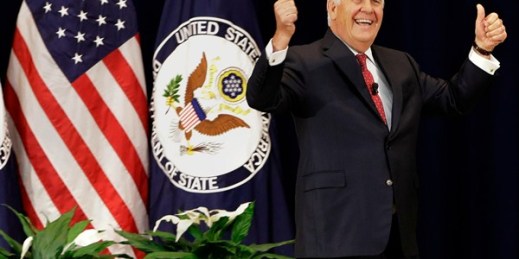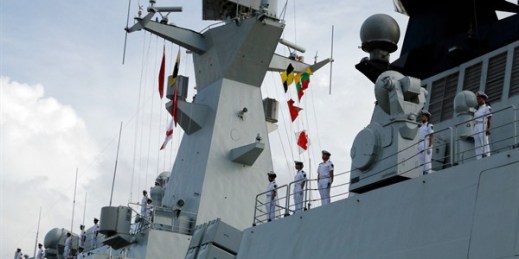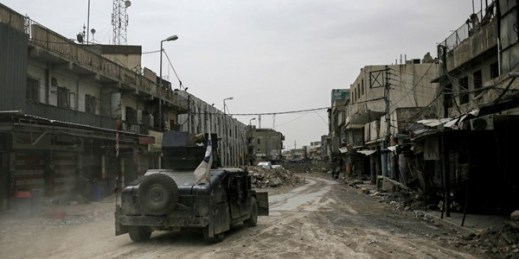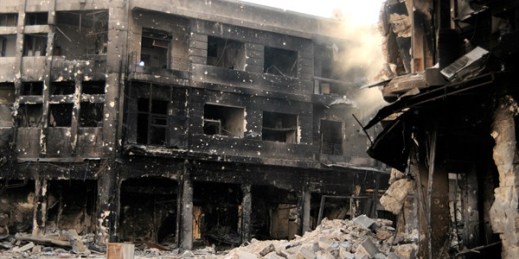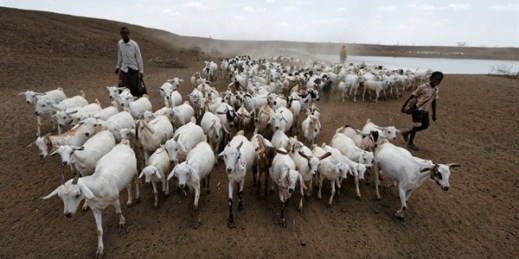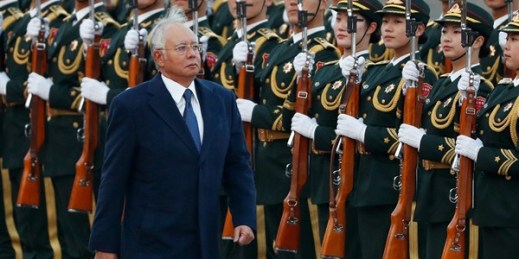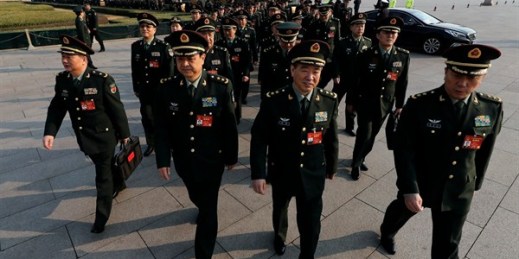
In this week’s Trend Lines podcast, WPR’s editor-in-chief, Judah Grunstein, and senior editor, Frederick Deknatel, discuss the upcoming summit for China’s One Belt, One Road initiative, and how China is positioning itself to take advantage of the United States’ shifting approaches to international trade and global engagement. For the Report, Richard A. Bitzinger talks with Peter Dörrie about China’s naval buildup and global security ambitions. If you’d like to support our free podcast through patron pledges, Patreon is an online service that will allow you to do so. To find out about the benefits you can get through pledging as […]

